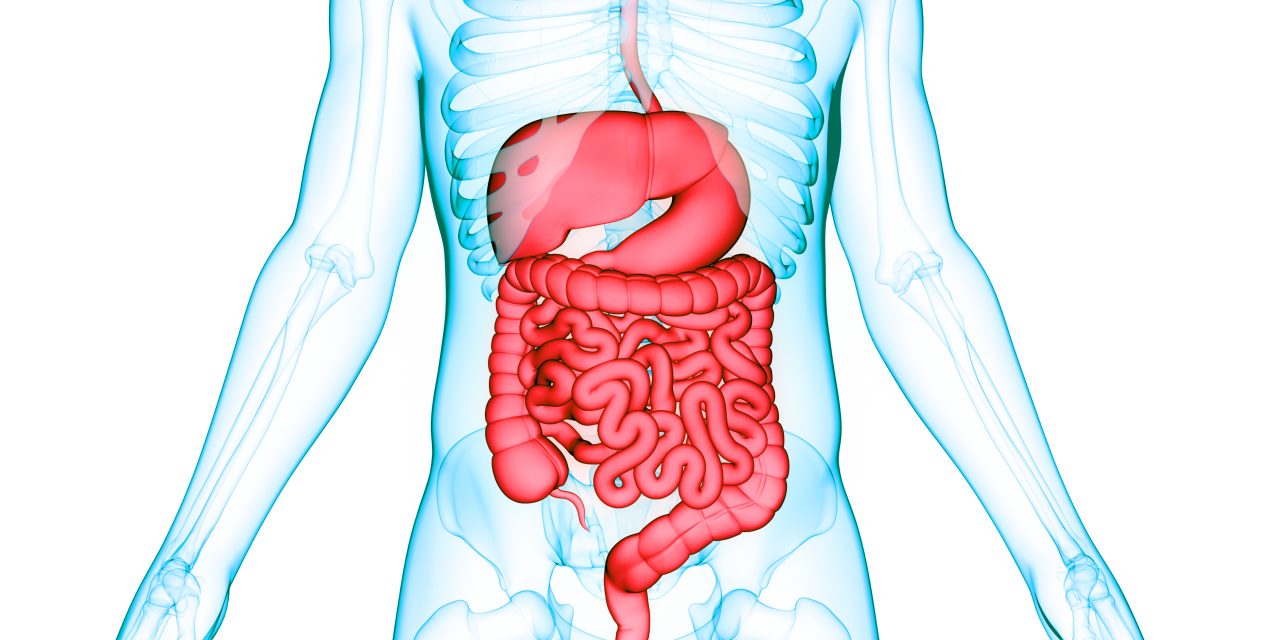There is a scarcity of current pediatric data on pouch outcomes, particularly in the era of laparoscopic operations. The researchers wanted to look at outcomes and predictors in children with ulcerative colitis/unclassified inflammatory bowel disease (IBD) who had colectomy and ileal pouch-anal anastomosis. This was a multicenter retrospective cohort research involving 17 IBD institutions associated with the ESPGHAN juvenile IBD Porto group. To collect baseline features, demographic, clinical, management, and surgical data, as well as short- and long-term outcomes, an electronic REDcap system was employed, and possible predictors of pouch outcome were identified. During a median of 40 months of follow-up, 86 of the 129 patients developed pouchitis, with 33 developing chronic pouchitis. On both univariable and multivariable analyses, patients operated on by surgeons performing 10 pouch operations per year had a higher rate of chronic pouchitis, which was likewise related with time to pouchitis and chronic pouchitis. Overall pouch performance was evaluated good/excellent in 86 patients at the final follow-up. The time between colectomy and pouch development was not related to pouch outcomes. Despite a greater prevalence of nonsevere surgical complications among children aged 10 years, functional outcome and pouchitis rate did not vary.
The prevalence of pochitis in children with unclassified ulcerative colitis/IBD is high. The most modifiable risk factor for pouch outcome is surgeon experience. Findings indicate that pouch surgery may be conducted effectively on young children.


